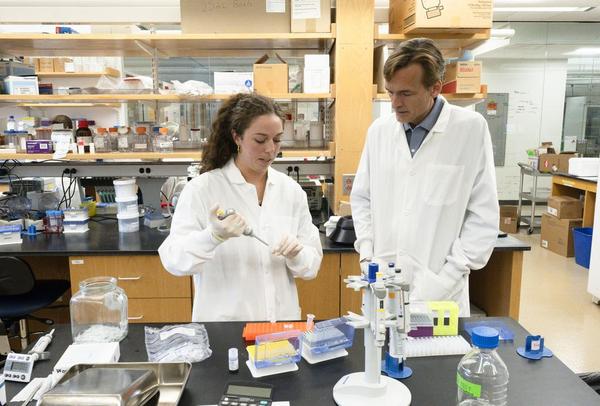
How to Treat and Prevent Shin Splints
It’s fall marathon season, which for many runners means it’s also shin splints season. Whether you’re a beginner or have several races under your belt, the injury can be debilitating.Shin splints manifest as pain along the tibia or shin bone, and they are among the most common running injuries. Most people get them if they’re new to the sport or after ramping up their mileage. But you can also get shin splints if you incorporate hills or speed workouts without building up to them first, or by ru...






